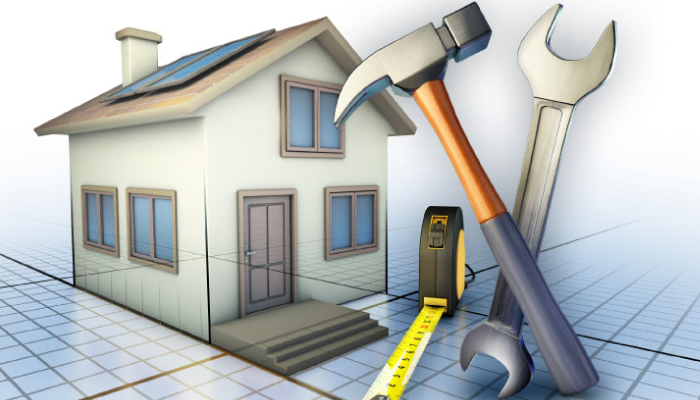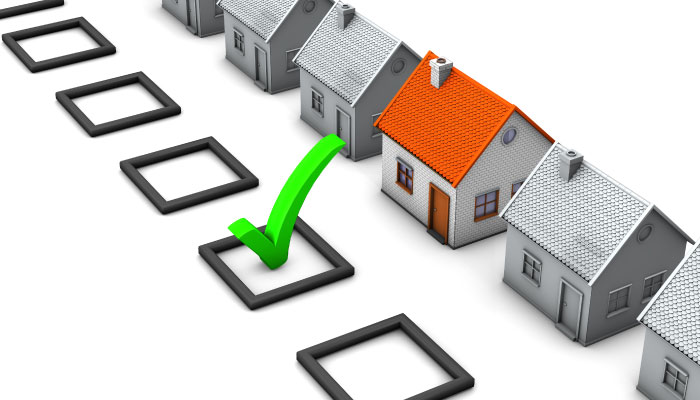You might not believe it, but your maintenance team is an integral part of resident satisfaction and retention. After all, team members often spend more time with residents than office staff! That’s why you must ensure your maintenance team is proficient in people skills—and that your training goes beyond the how-to of plumbing, electric, or HVAC repair.
Why Residents Leave in the First Place
Around the country, annual resident turnover averages 62 percent, but more than 60 percent of that turnover is controllable, explains housing expert Anne Sadovsky in her AudioSolutionz webinar “There Is More to Maintenance than Nuts and Bolts.”
And it turns out that many of the most common reasons for residents’ departure involve a maintenance or staffing element. For instance, according to Sadovsky, residents often leave because of:
- Bugs! Ensuring that units are free of pests and bed bugs is not just a HUD compliance issue. After all, if you are diligent about common area and unit maintenance, you’re telling your residents you value your property as well as the tenants who live there.
- Poor upkeep: Proper maintenance of apartment units, including making timely and adequate electric, heating, and HVAC repairs shows that you and your maintenance staff are committed to the well-being of your residents.
- Tenant disputes: Your residents will be in a hurry to pack their bags if they find your staff disagreeable, disrespectful, or inconsiderate. This is why training is essential; teach your office and maintenance staff to respond positively and promptly to complaints—and to treat all residents (even the difficult ones) with courtesy.
Better Service Is Cheaper in the Long Run
It costs 5 times more to get a new resident than to keep the one you’ve got, Sadovsky warns. Nevertheless, properties aren’t prioritizing staff training with a focus on resident retention.
Change tactics: Since your maintenance team has a lot of contact time with residents, give team members the tools they need to respond and react positively to residents’ concerns and questions. In other words, turn them into service experts able to weather grievances and high emotions.
Sadovsky suggests the following when staff members are faced with tense tenant interactions; train staff to:
- Know themselves—including their own hot buttons, so they can diffuse tense situations.
- Take a mental time-out and focus on the goal: Getting the resident to stay.
- Ask questions: Why, why not, and what if?
- Listen actively and agree where possible.
- Offer solutions (Hint: Don’t say “but…” Instead, say “yes…”).
- Use positive and open body language.
- Clarify expectations: Create a list of requirements residents must meet when they request service from the maintenance staff.
Your Fair Housing Compliance May Rest on Maintenance’s Shoulders
Training your maintenance staff in soft skills goes a long way towards ensuring they provide great service to residents—but don’t neglect compliance training, too. Make certain your maintenance team understands Fair Housing Act requirements, as well as other anti-discrimination and tenant safety regulations. They are your front lines when it comes to tenant interaction, so be sure you set up maintenance personnel to do more compliance good than harm.




